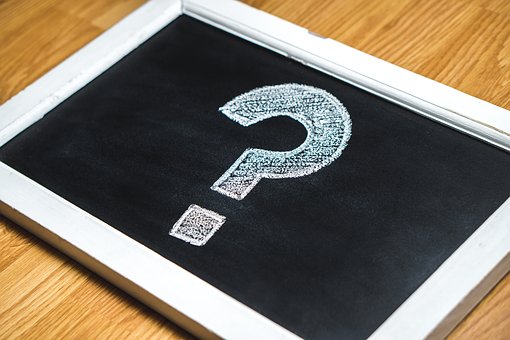A reverse mortgage is a loan for seniors age 62 and older. Home Equity Conversion Mortgages (HECMs), the most common type of reverse mortgage loans, allow homeowners to convert their home equity into cash with no monthly mortgage payments.1
After obtaining a HECM, borrowers must continue to pay property taxes and insurance and maintain the home according to FHA guidelines. Typically the loan does not become due as long as you live in the home as your primary residence and continue to meet all the loan obligations.
Reverse mortgage loans are commonly used to pay for home renovations, and medical and daily living expenses. Homeowners who have an existing lien often use the HECM loan to pay off their existing mortgage and eliminate monthly mortgage payments.
What is a reverse mortgage loan, for starters, it uses a home’s equity as collateral. The amount of money the borrower can receive is determined by the age of the youngest borrower, interest rates, and the lesser of the home’s appraised value, sale price, and the maximum lending limit. 
The funds available to you may be restricted for the first 12 months after loan closing, due to HECM requirements. In addition, you may need to set aside additional funds from loan proceeds to pay for taxes and insurance.
The loan does not generally have to be repaid until 6 months after the last surviving homeowner moves out of the property or passes away. At that time, the estate typically sells the home to repay the balance of the reverse mortgage and the heirs receive any remaining equity. The estate is not personally liable for any additional mortgage debt if the home sells for less than the payoff amount of the reverse mortgage loan.
Reverse Mortgage Eligibility
To be eligible for a reverse mortgage loan, the FHA requires the youngest borrower on the title to be 62 years or older. Borrowers must also meet financial eligibility criteria as established by HUD. If there is an existing mortgage on the home, it must be paid off with the proceeds from the reverse mortgage loan.
Eligible Homes Types for a Home Equity Conversion Mortgage
Most single-family homes, two-to-four unit owner-occupied dwellings or townhouses, and approved condominiums and manufactured homes are eligible for a reverse mortgage loan. The home must meet FHA minimum property standards.
Inheritance
When the reverse mortgage loan does become due, the borrower’s heirs/estate can choose to repay the reverse mortgage loan and keep the home or put the home up for sale in order to repay the loan. If the home sells for more than the balance of the reverse mortgage loan, the remaining home equity passes to the heirs.
If the home sells for less than the owed balance, the estate is not required to pay more than the value of the home at the time the loan is repaid.
A reverse mortgage loan is “non-recourse”, meaning that if you sell the home to repay the loan, you or your heirs will never owe more than the loan balance or the value of the property, whichever is less; and no assets other than the home must be used to repay the debt.
Distribution of Funds
HECM loan proceeds can be received in any combination of the following options:
• Line of credit – draw as needed up to the maximum eligible amount
• Lump-sum – a lump sum of cash at closing (only available on fixed-rate loans)
• Tenure – monthly payments for the life of the loan
• Term – monthly payments for a specific number of years
Borrowers may access the greater of 60 percent of the principal limit amount or all mandatory obligations, as defined by the HECM requirements, plus an additional 10% during the first 12 months after loan closing.
The combined total of mandatory obligations plus 10% cannot exceed the principal limit amount established at loan closing. The borrower may also need to set aside additional funds from the loan proceeds to pay for taxes and insurance.
